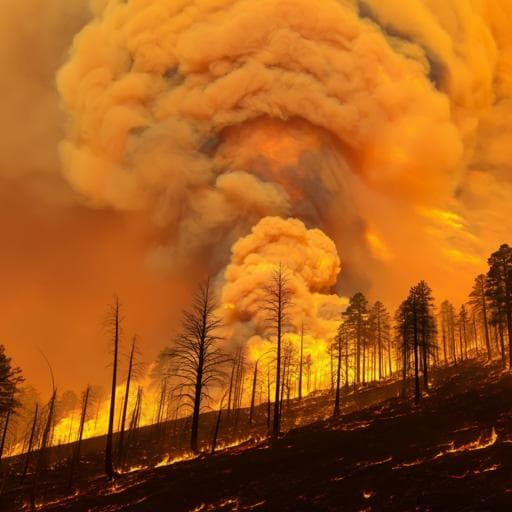
Environmental Studies and Forestry
The unprecedented 2023 Canadian wildfire season: extreme weather, landscape legacies and the societal impacts
P. Jain, Q. E. Barthelemy, et al.
The 2023 Canadian wildfire season has reached unprecedented levels, burning around 15 million hectares and revealing the alarming impact of extreme weather events. This comprehensive study, conducted by Piyush Jain and a diverse team of experts, delves into the driving factors and highlights the severe consequences for both society and environment.
Related Publications
Explore these studies to deepen your understanding of the subject.







